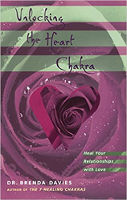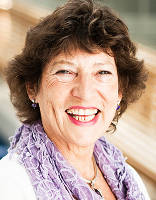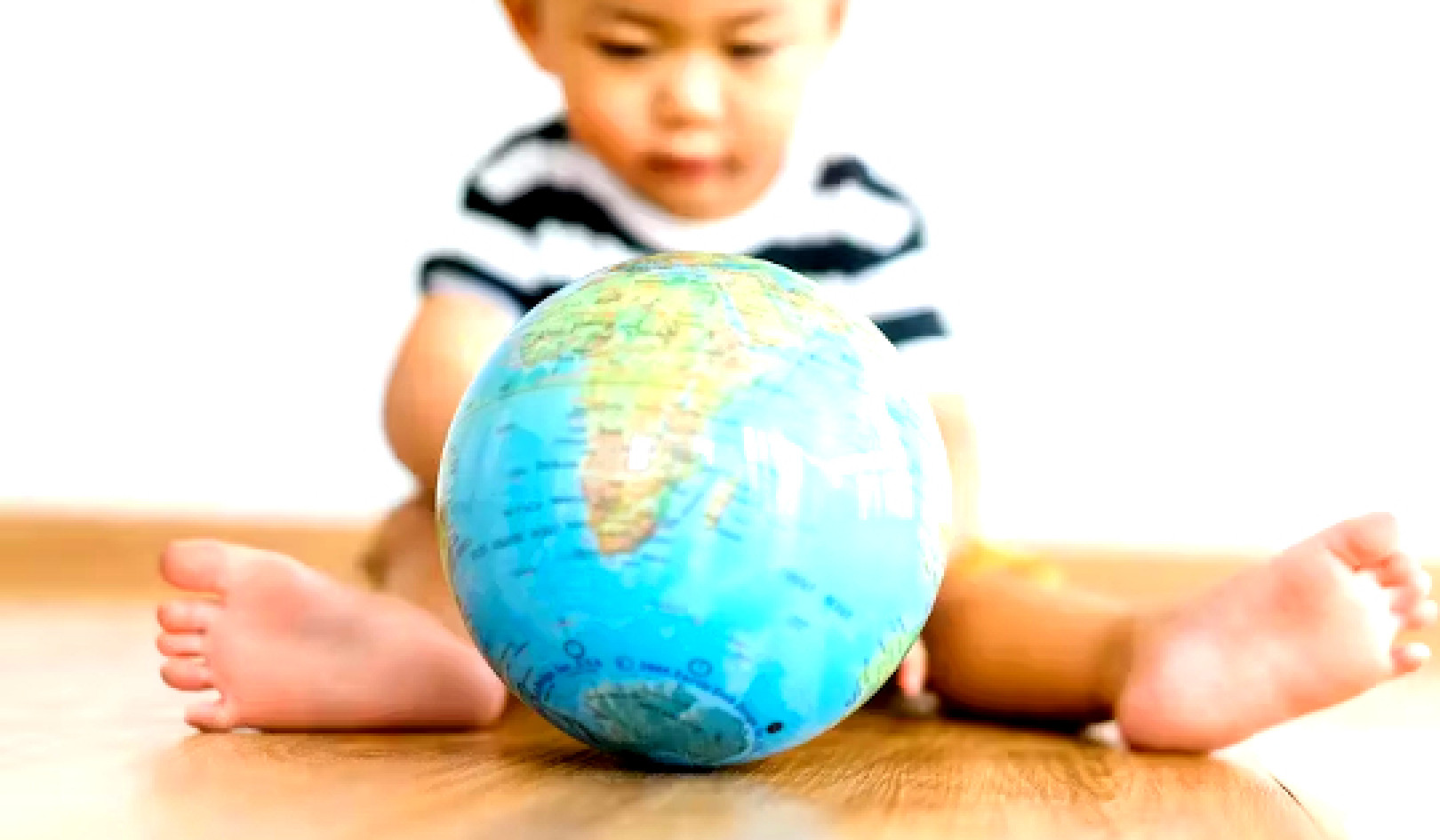
Image by TA Lucifer
(Editor's Note: This article deals with parent and child relationships -- but it is also applicable to all personal relationships.)
I fell into several of these pitfalls in bringing up my own children and for that I am heartily sorry. Oh that we could go back and do it differently! If you're a parent, you may recognize yourself here, or you may see yourself as a child who suffered -- or perhaps both.
Don't be hard on yourself or anyone else, but see that some of these games have been handed down for centuries like family heirlooms. Every one of them can be righted, and often the first major step is to recognize them and refuse to be party to them any longer.
Punishment, Accusations and Blame
Punishment is a concept totally opposed to promoting learning and growth: instead it only makes things worse. There's always a way to protect the truth without attacking the other's position and making accusations. This is so in dealing with our children as well as in dealing with others. After all, it's how we ourselves would prefer to be dealt with.
The golden rule, "Do as you would be done by" also holds true for transactions with our children. Would we really like to be physically and mentally attacked for what we failed to achieve or did in a manner that others don't approve of? Would it be okay for us to be shut in a room alone not understanding what it was that we did wrong? Or would we prefer to have someone explain to us, without judgement, how we might have done it differently and help us see a better way of doing things?
The Principle of Punishment on a World Scale
If we accept the principle of punishment for our children, we're more likely to accept it on a world scale. Look at the tragic consequences. Some still condone the death penalty and war is still waged. The concept is the same; only the scale is different. If we can teach our children a better way of dealing with errors of judgement, then eventually there can be peace -- both within our homes and globally.
Refusing to attack reduces defensiveness and counterattack. We have no right to sit in judgement or to seek vengeance. Punishment assumes that we do have that right and that we have the monopoly on knowing what's correct.
Punishment always indicates that there's blame. But blame is a facile concept. Sadly, however, the infrastructure of many individuals and whole family systems is built upon it. If someone is the scapegoat everyone else can breathe freely -- whereas in fact, we all share in the responsibility when things appear to go wrong. And we can choose to sit back, blame others and feel self-righteous, or we can look at the lesson to be learned.
What Am I To Learn From This?
If you can see everything as simultaneous teaching and learning, giving and receiving, there can be gratitude in every situation. Life is so much easier if we can keep bringing ourselves back to the question "What am I to learn from this?" And if I'm learning something, then someone's been my teacher and I can feel gratitude, not blame. Only in appreciating the gifts you're receiving and by showing gratitude can you really love unconditionally.
Our children are perhaps our greatest teachers. Therefore punishment for what they teach us is both inappropriate and misplaced and reduces their spontaneity. They do need to be taught responsibility and accountability, but punishment has no place in that kind of learning.
Labeling Others is Putting Them in Boxes
Beware of labels -- even if they're meant to be good ones, they're dangerous! Labeling our children in terms of what they can or can't do, what they look like or how they behave can set up lifelong self-fulfilling prophecies. It leads to expectations, or lack of them, and it may be a long time before anyone re-evaluates the situation.
I have a friend who is stunningly beautiful and very intelligent too. But as a child she was always seen as the pretty one and somehow less was expected of her in other areas. It took some time for her to get rid of that label and be accepted as bright and ambitious and with solid opinions that have a right to be heard.
Labels do nothing but categorize and distance, putting a human being in a box, encouraging us to think that we know what's inside without even opening the lid. Just imagine what happens when a child is labeled as being slow. Not only does the label stick with the child, who then perceives himself as slow, but the emotions of those dealing with this child are to some extent preset. Pity or frustration may prevent an open-minded approach that allows the genius in the child to be seen, or may stop him from being heard as a worthy equal rather than someone for whom allowances have to be made.
There are too many extraordinary things your child has to teach you and share with the world to stick a label on him. (That goes for labeling anyone else, including yourself!)
Trusting Others Allows Them to Trust Themselves
Children learn to have self-confidence mainly because of our belief in them. The converse is also true. The more we fuss, the more we give the subconscious message that they're not capable. In the long term they'll come to believe this and be unwilling to speak for themselves, lacking belief that they have something to offer to the world.
Trusting in your child's competence allows her to trust in herself. Not only this but it allows her to feel free, to think, to formulate opinion, to become all that she can be. If you start to see your child as she truly is -- that powerful spirit who will go into the future in a way that you cannot -- you may open up to the fact that this being has much to teach you!
Our children are carrying forth the human race on a new wave, leaving us behind them. We're merely the support upon which hopefully they can rely while they prepare themselves for that task. When we get that in perspective, we see our children in a totally new light. We are interdependent.
Our responsibility is to hold them as high as we can to help them on their way and not to encumber them with our own desires. Nor are we to push them ahead, for we don't know their schedule, and we're not privy to who they truly are. Though on a spiritual level we're usually old friends who love each other, we've forgotten that and are simply being human. All we can do is support, help and allow them to develop into who they are while we stand and watch in wonder.
©2001. Reprinted with permission
of the publisher, Ulysses Press.
http://www.ulyssespress.com
Article Source:
Unlocking the Heart Chakra: Heal Your Relationships with Love
by Dr. Brenda Davies.
 Powerfully written and deeply relevant, Unlocking the Heart Chakra examines the central relationships in people's lives and offers a plan for understanding them. The emphasis is on healing every step of the way, from one;s first relationships with parents and caregivers, through sibling bonds, to connections with friends and lovers. By applying the principles of the chakra system and learning to use the energy of the heart center, people can become aware of the power of love in all of their interactions.
Powerfully written and deeply relevant, Unlocking the Heart Chakra examines the central relationships in people's lives and offers a plan for understanding them. The emphasis is on healing every step of the way, from one;s first relationships with parents and caregivers, through sibling bonds, to connections with friends and lovers. By applying the principles of the chakra system and learning to use the energy of the heart center, people can become aware of the power of love in all of their interactions.
Dr. Brenda Davies recommends special meditation exercises, visualizations, and affirmations to remove blocks and open the capacity to love without limits. With access to a sense of compassion for themselves and others, people can move gracefully into a happier, healthier future.
About the Author
 Dr. Brenda Davies, a British psychiatrist and spiritual healer, combines her traditional medical training with ancient healing gifts. Having lived and worked around the world, and her workshops, clients and conferences keep her on an international circuit. A mother of two and grandmother of one, she is happily living her own spiritual path while exploring the frontiers of love and healing.
Dr. Brenda Davies, a British psychiatrist and spiritual healer, combines her traditional medical training with ancient healing gifts. Having lived and worked around the world, and her workshops, clients and conferences keep her on an international circuit. A mother of two and grandmother of one, she is happily living her own spiritual path while exploring the frontiers of love and healing.
Visit her website at www.brendadavies.com



























